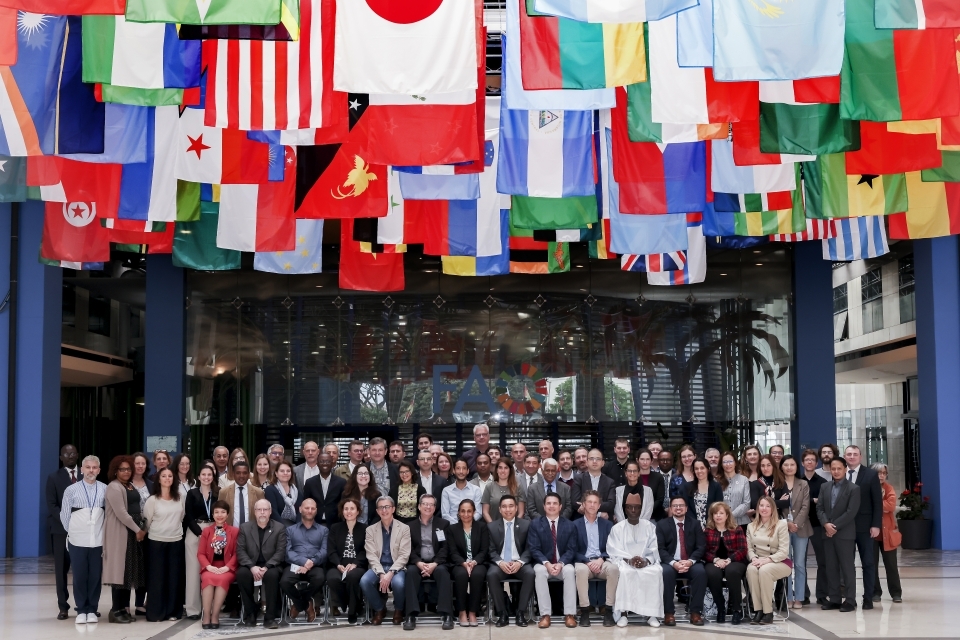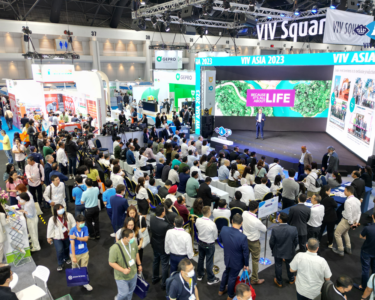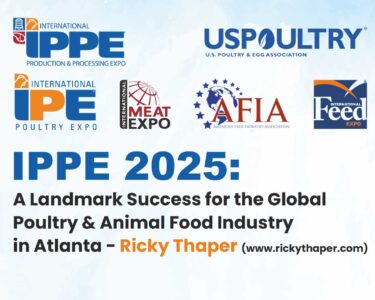
Over 285 avian influenza experts and stakeholders convened at the headquarters of the Food and Agriculture Organization (FAO) of the United Nations in Rome for a three-day consultation on the highly pathogenic Avian Influenza (HPAI).
The hybrid event saw a gathering of key players – leading scientists, policymakers, private sector including poultry associations, Regional Economic Communities, and industry representatives – in the field of avian influenza to discuss the current state of the disease, latest scientific and technical advances and explore potential strategies for controlling the disease.
HPAI is a viral disease that primarily affects birds but can potentially infect humans. It is highly contagious and can cause significant economic losses in the poultry industry and devastation of smallholder livelihoods as they have limited resources and infrastructure to implement biosecurity measures on their farms. In addition, it poses a serious public health risk, as it has the potential to mutate and cause a global pandemic.
Over the last couple of years, the H5 HPAI virus has caused a pan-zoonotic – an epidemic spreading across multiple animal species over a large geographic area. Since January 2021, the global community has reported over 121,900 disease events caused by this virus affecting at least 101 countries in Africa, the Americas, and Eurasia, spreading to both wild and domestic bird populations. It has raised more concern since it appeared in at least 20 countries and territories. Moreover, it has caused infection in more than 400 wild bird species and has spilled over to various terrestrial and marine mammalian species.
During the opening session, Maria Helena Semedo, Deputy Director-General at FAO emphasized that HPAI is a huge concern for wildlife conservation and has significant biodiversity impacts.
“We are losing species and this is an excellent example of why we need to join forces and work together on upstream prevention. We have to deal with the disease, as figures show that you can have a one to five return on investment through early prevention,” said Ms Semedo.
She acknowledged that a cross-sectional One Health approach is necessary to tackle such a complex challenge at global and national level, as it cannot be solved by one ministry or sector alone.
“I thank again our institutional partners, the Quadripartite – FAO, World Organization for Animal Health (WOAH), World Health Organization (WHO) and the United Nations Environment Programme (UNEP) – with whom we collaborate closely.”
“HPAI is a global priority disease under the Joint FAO/WOAH Global Framework for Progressive Control of Transboundary Animal Diseases (GF-TADs). We are working together to revise the global avian influenza control strategy, which will include the key outcomes and evidence from this meeting” said Ms Semedo.





